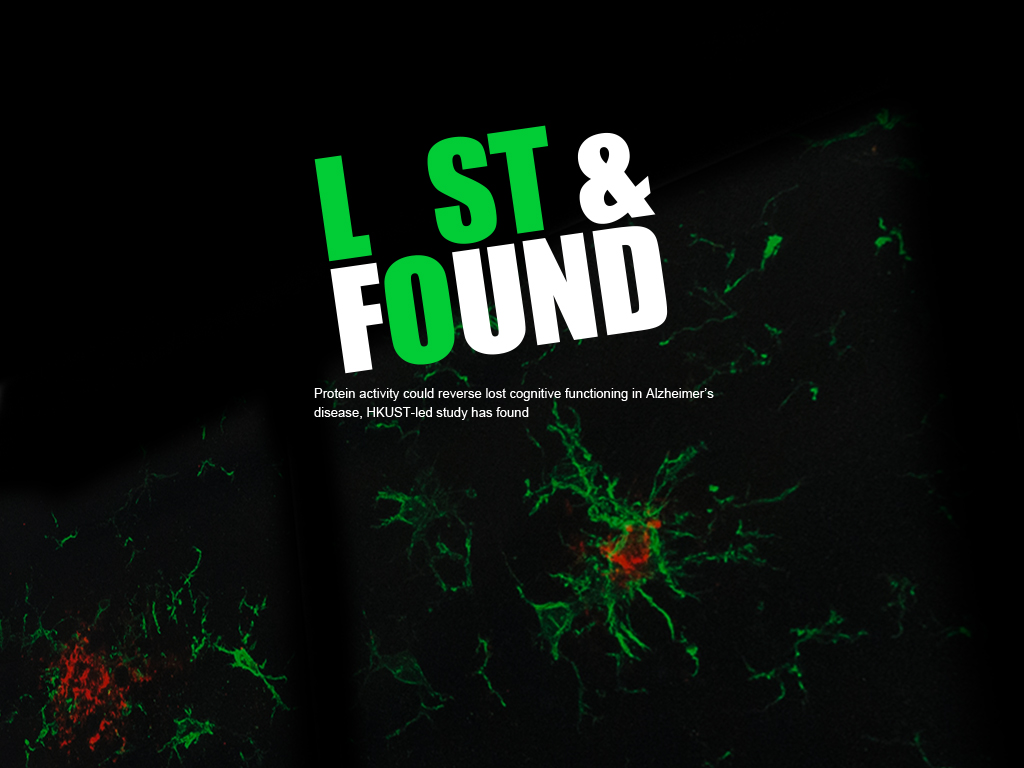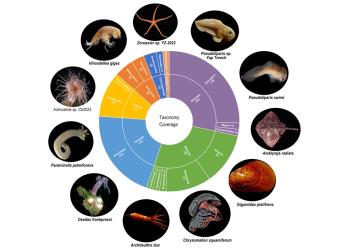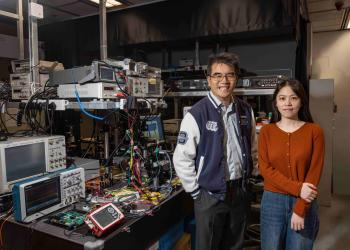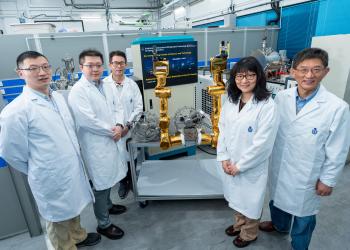Lost and Found
HKUST researchers, collaborating with colleagues from Zhejiang University and the University of Glasgow, have found that the protein interleukin-33 (IL-33) reduces memory loss and other aspects of cognitive decline in conditions similar to Alzheimer’s disease (AD). With 46.8 million people around the world affected by AD and the number rising, the enormous burden on patients, their care-givers and health systems could soon be alleviated.
Mainly affecting the elderly, AD involves memory loss and impaired reasoning, judgment and movement. Research team leader Prof. Nancy Ip, Dean of Science, Director of the State Key Laboratory of Molecular Neuroscience and the Morningside Professor of Life Science, described the disease as an “urgent health threat”, particularly in Hong Kong with its rapidly aging population.
Using a mouse model, the team built on Prof. Ip’s earlier identification of defects in the removal of the protein β-amyloid (Aβ) from the brain as a major cause of AD. They found that IL-33 injection for 2 consecutive days reduced Aβ protein levels and limited the overall inflammation of the brain.
Prof. Ip commented that “the next step will be to translate the findings from the mouse study into clinical treatments for humans.”
The team’s findings were recently published in the prestigious US journal, Proceedings of the National Academy of Sciences (PNAS).
For more information, please click here.










